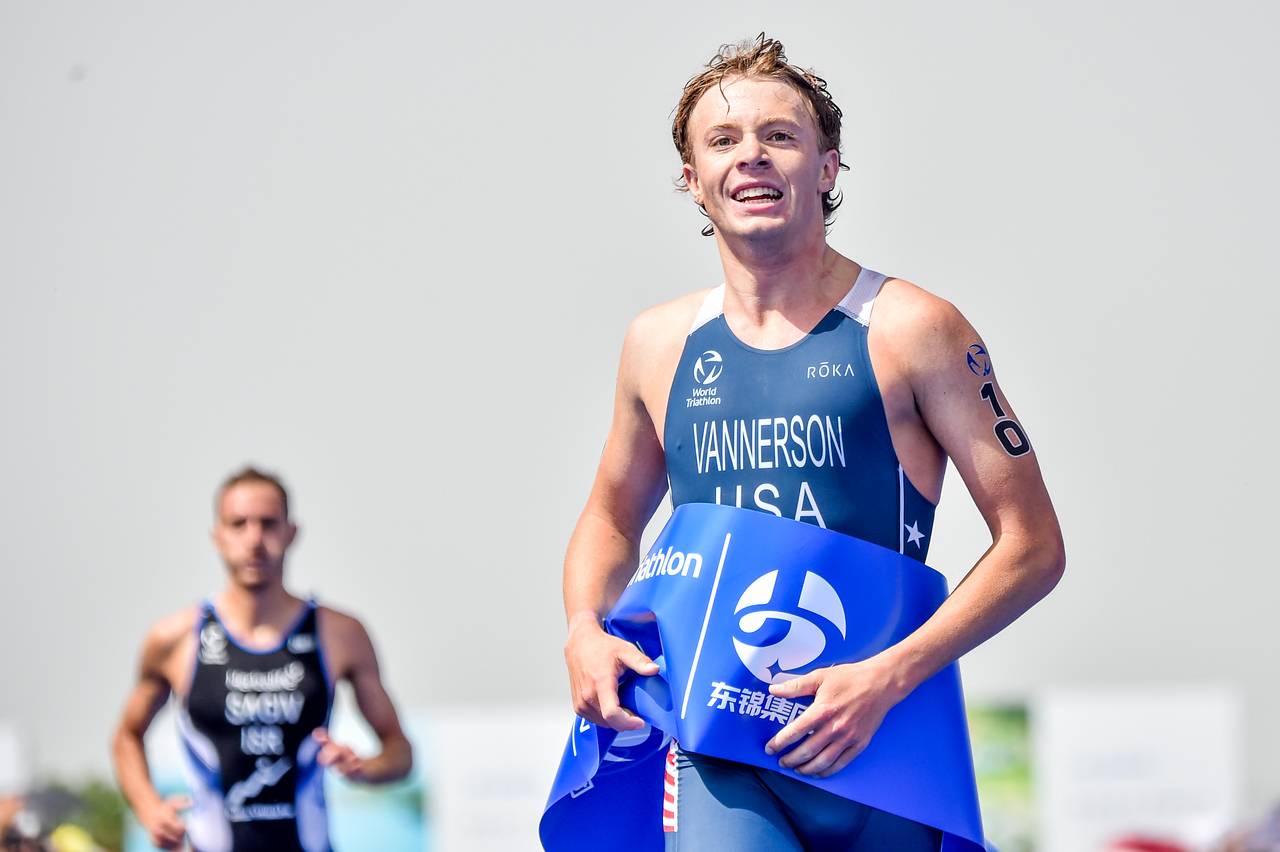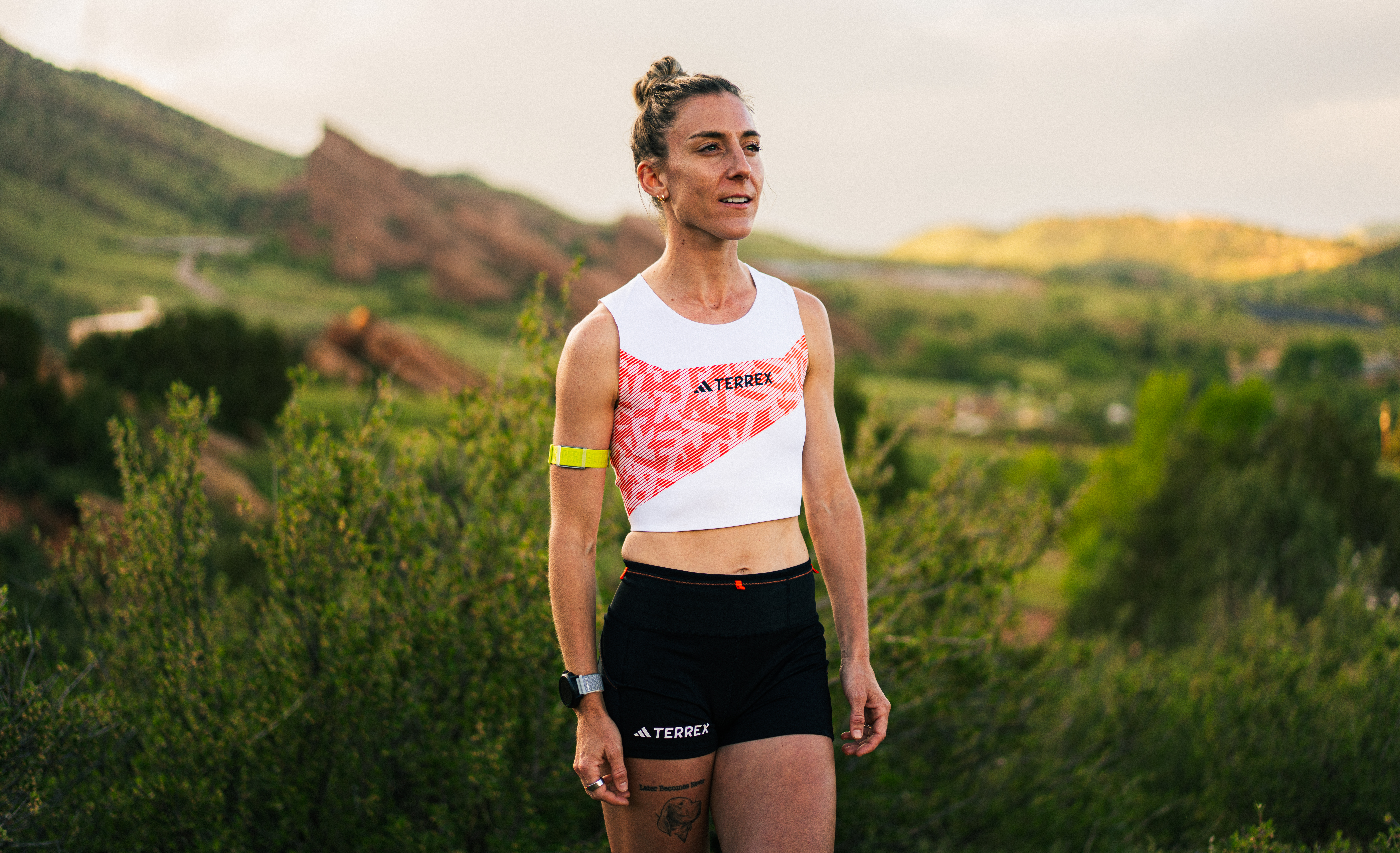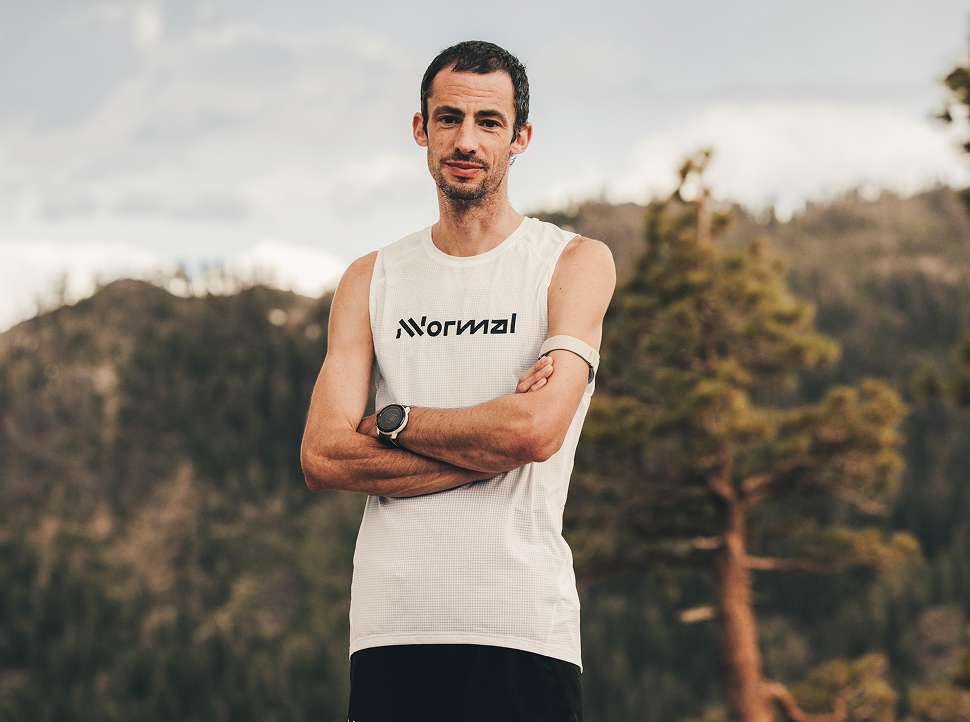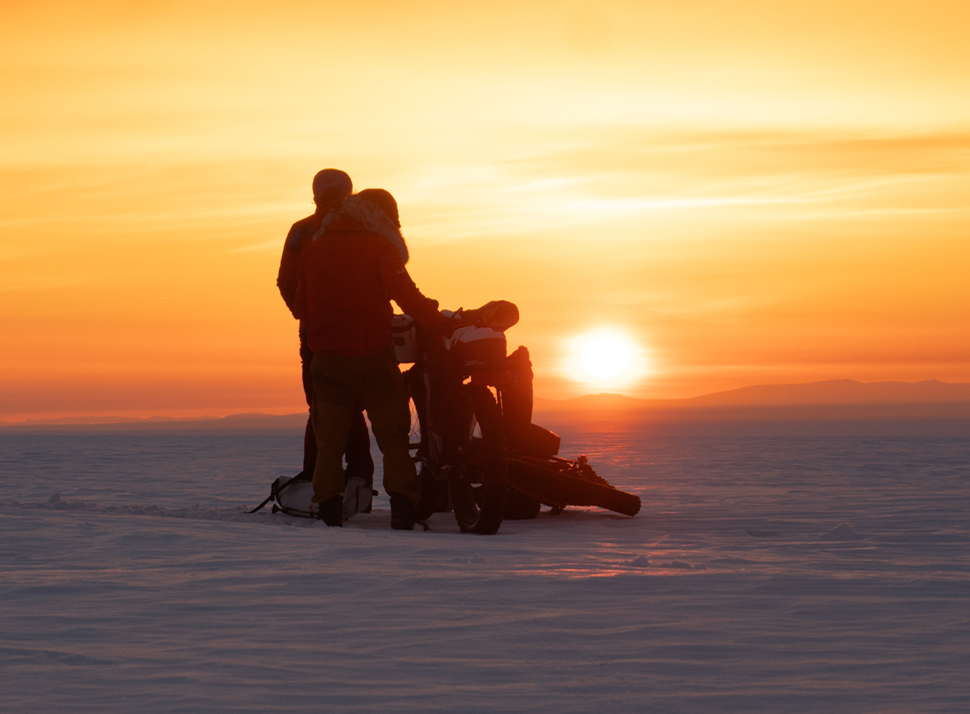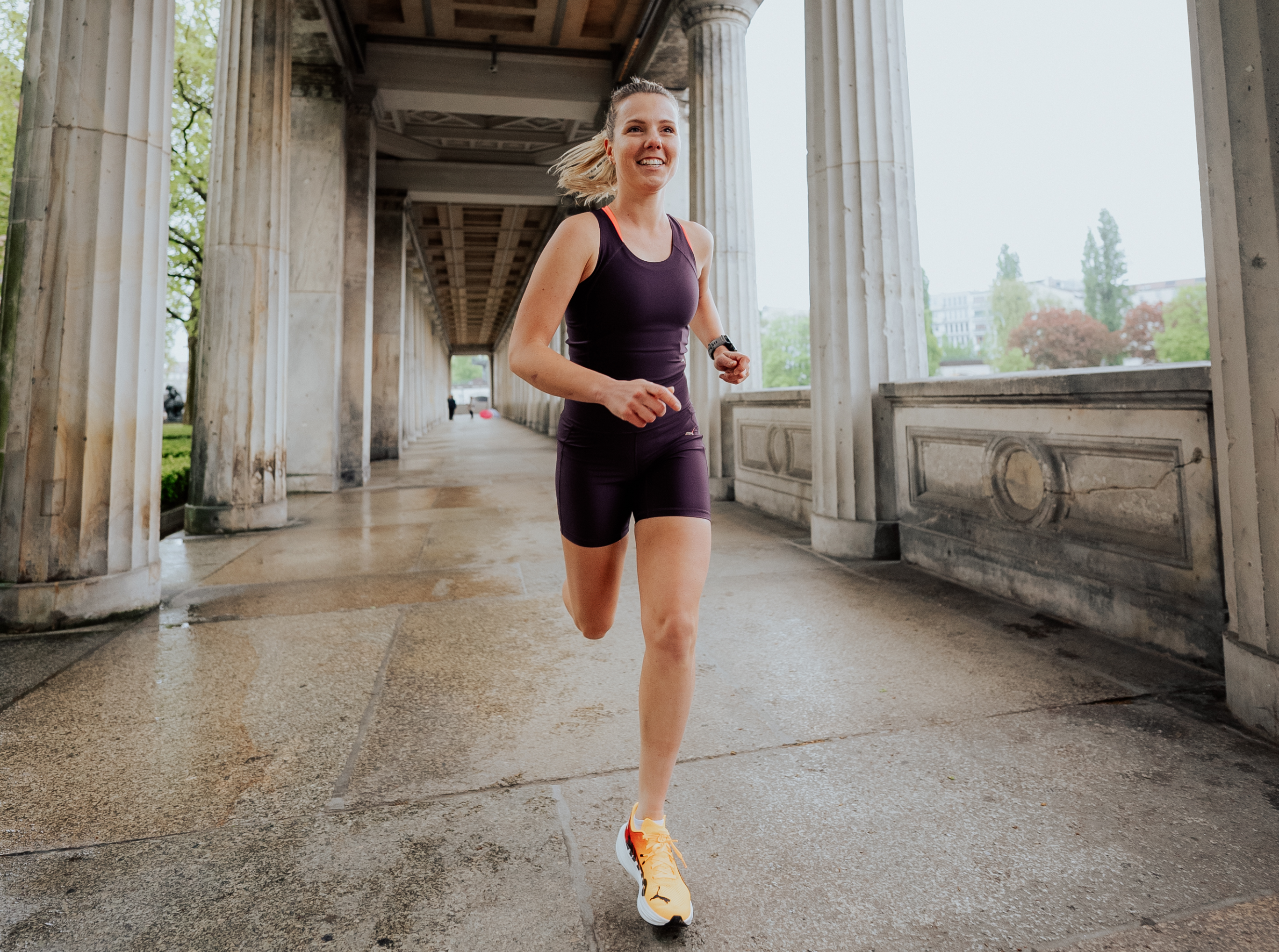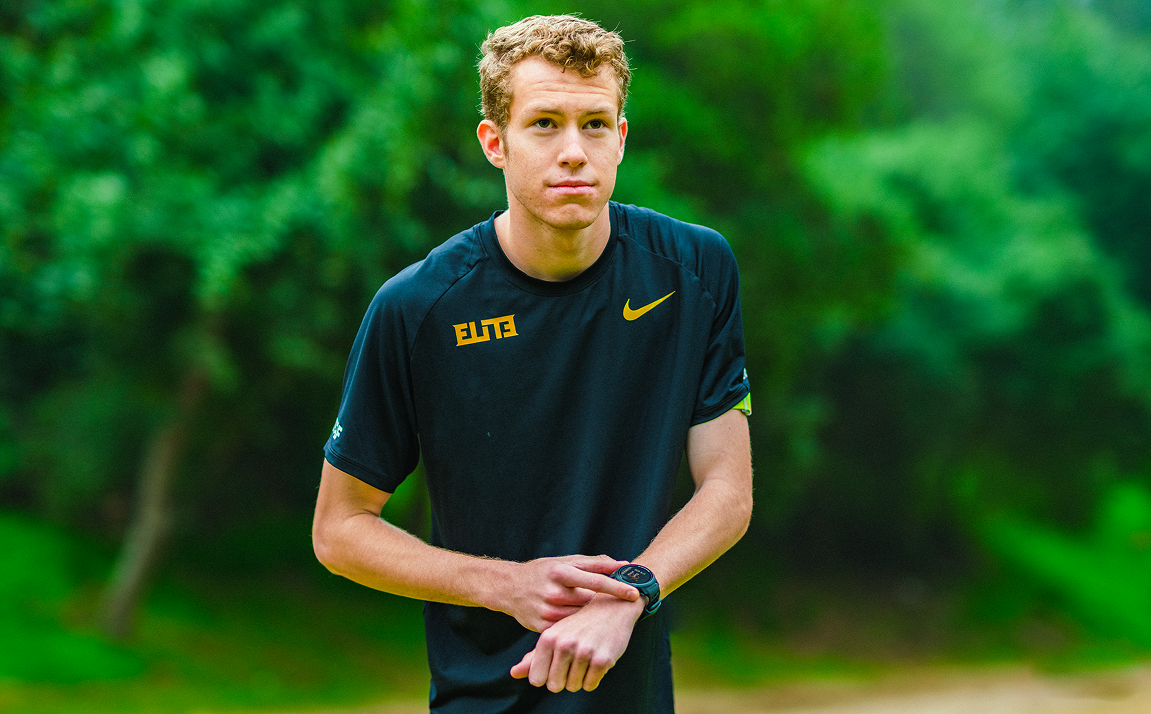At just 20 years old, Reese Vannerson has arrived on the triathlon scene. While it's easy to see the success from his past 3 races (which were all victories), there is a beautiful unknown to what the future holds. Similar to all professional athletes globally, there is no guarantee he'll have what it takes to compete at the highest level as training, race distance, or competitions increase. However, for Reese, he knows that he doesn't need all of the answers today to keep pursuing his ultimate goal of stepping on top of the Podium at the LA 2028 Olympics.
Racing Toward Uncertainty
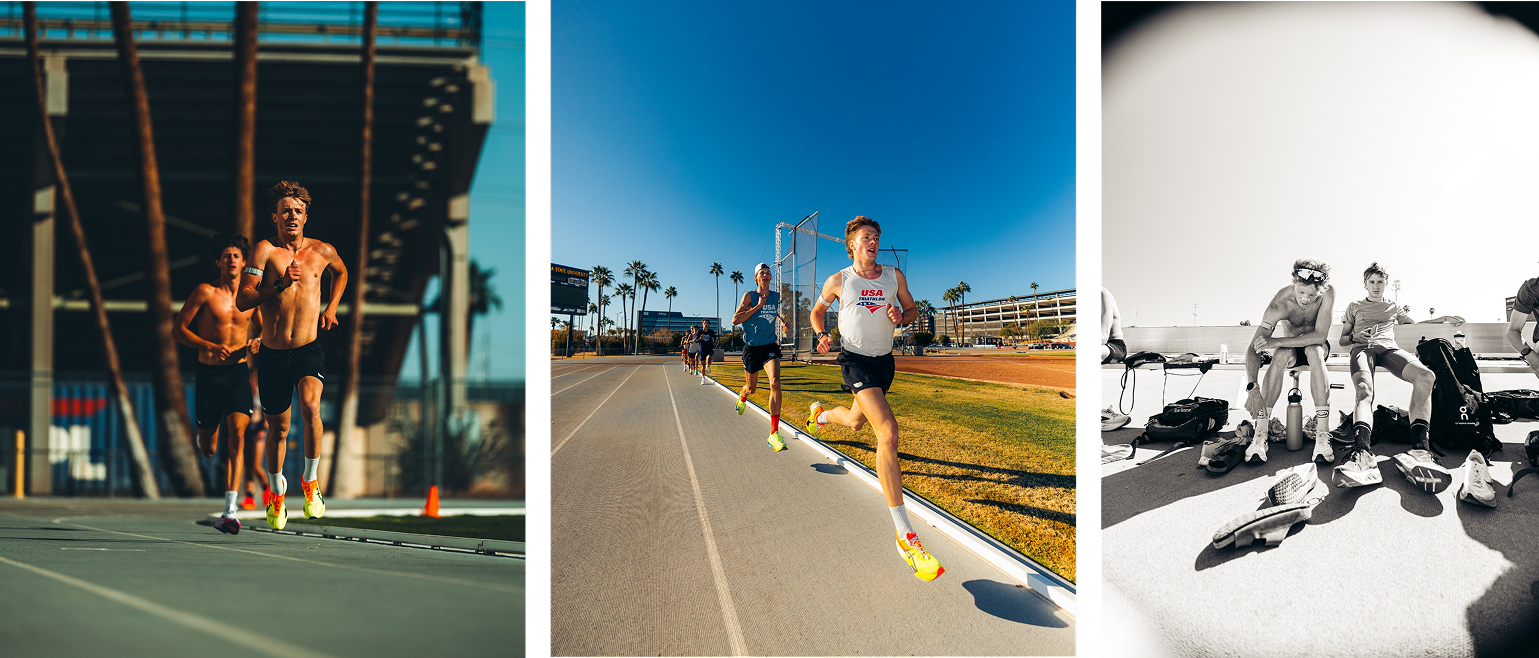
Reese describes it best: “Going into Chengdu, I knew I had the fitness level to compete at a World Cup—but being able to do it and not just say I could means a lot more.”
That subtle shift, from belief to proof, is where most athletes hesitate. But Reese leaned in.
His coach, Parker Spencer, wasn’t surprised. “Reese likes to make it an honest race. I told him, ‘If you fall apart at the end, now you know—but don’t hold back.’”
They even joked about Steve Prefontaine’s mindset the day before the race. The message was clear: be brave enough to find your limit. You’ll never regret going for it.
Growing Into a Bigger Arena
Chengdu wasn’t just a World Cup Event; it was a completely different distance. Olympic distance racing pushes athletes not just physically, but mentally.
“My biggest fear was the unknown,” Reese admits. “When I hit 5K on the run, I realized I’d never raced this far before. I had to stay present, keep moving.”
And yet, the strategy behind the transition was rooted in simplicity. Longer sessions, careful pacing, and a focus on heat preparation. Reese trained with consistency and trusted it would carry him when things became uncomfortable.
The Science of Progress, Without Overthinking It

Reese and Parker use a mix of high-performance science and old-school execution. Every 8 weeks, they test Reese’s VO₂ max and blood lactate thresholds. Then they get back to work.
“We don’t train in a lab,” Parker says. “We apply the science to the real world. A lot of what we do is about building aerobic capacity and then sharpening it for racing.”
They don’t avoid hard running either. In fact, Parker questions why so many triathletes steer away from it.
“When you have to win on the run, why wouldn’t you train like a pure 10K runner?” he says. “Reese loves the track. That’s where he thrives.”
Reese agrees—and he backs it up with data. “I look at my COROS app after every session. I focus on heart rate and cadence. In Chengdu, my cadence was higher than the other athletes, and I’m proud of that. It’s the little stuff that adds up.”
Vision Over Speed
There’s no rush to get to the top. Both Parker and Reese know what their final destination is.
“We’re building toward LA 2028,” Parker says. “That’s the vision. Reese is now ranked 41st in the world. He could race WTCS events right now, but that’s skipping steps. I want him to win U23 Worlds, then the Grand Final, then the Test Event. Step by step.”
This long view is rare in elite sport, especially with rising stars. But it’s essential. “Why not aim to win the Olympics?” Parker asks. “If you fall short and get third, you’re still on the podium.”
Staying Grounded in the Process
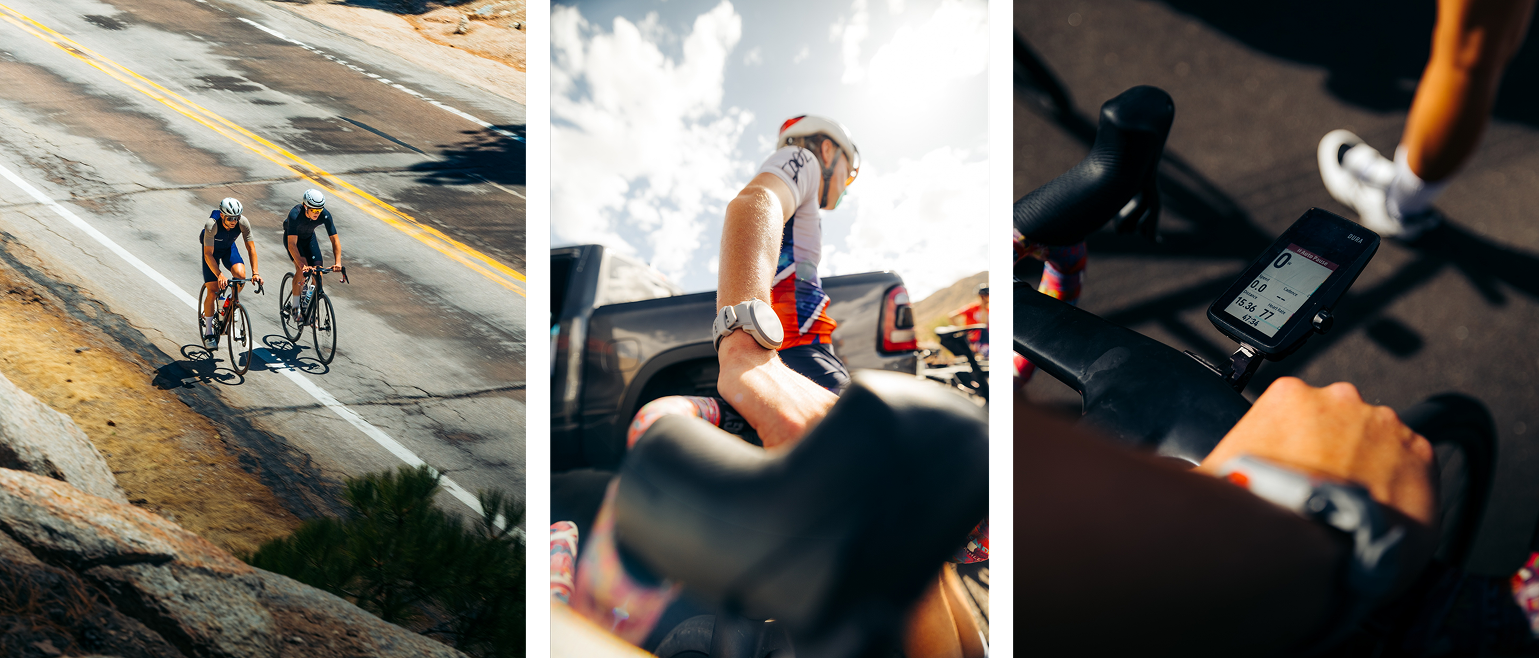
All of this works because Reese has learned how to stay grounded.
“There’s pressure—internally and externally,” he says. “But I’ve realized that it doesn’t matter how many people are watching. It’s not what they think—it’s what I think. It’s me, my team, and all of us being ready to perform.”
Parker sees that mindset in action: “Reese is a game-day guy. When the camera’s on, he’s calm and confident. He’s the athlete you’d want in the highest pressure situations.”
But confidence doesn’t mean perfection. Reese still battles fatigue. Training weeks can hit 30 hours. And when there’s no race for two months, staying motivated gets tough.
“That’s where the sports psych helps,” he says. “And Parker builds workouts that mentally simulate race pain. I’ve learned to stay focused even when my body wants to quit.”
Consistency is the Answer
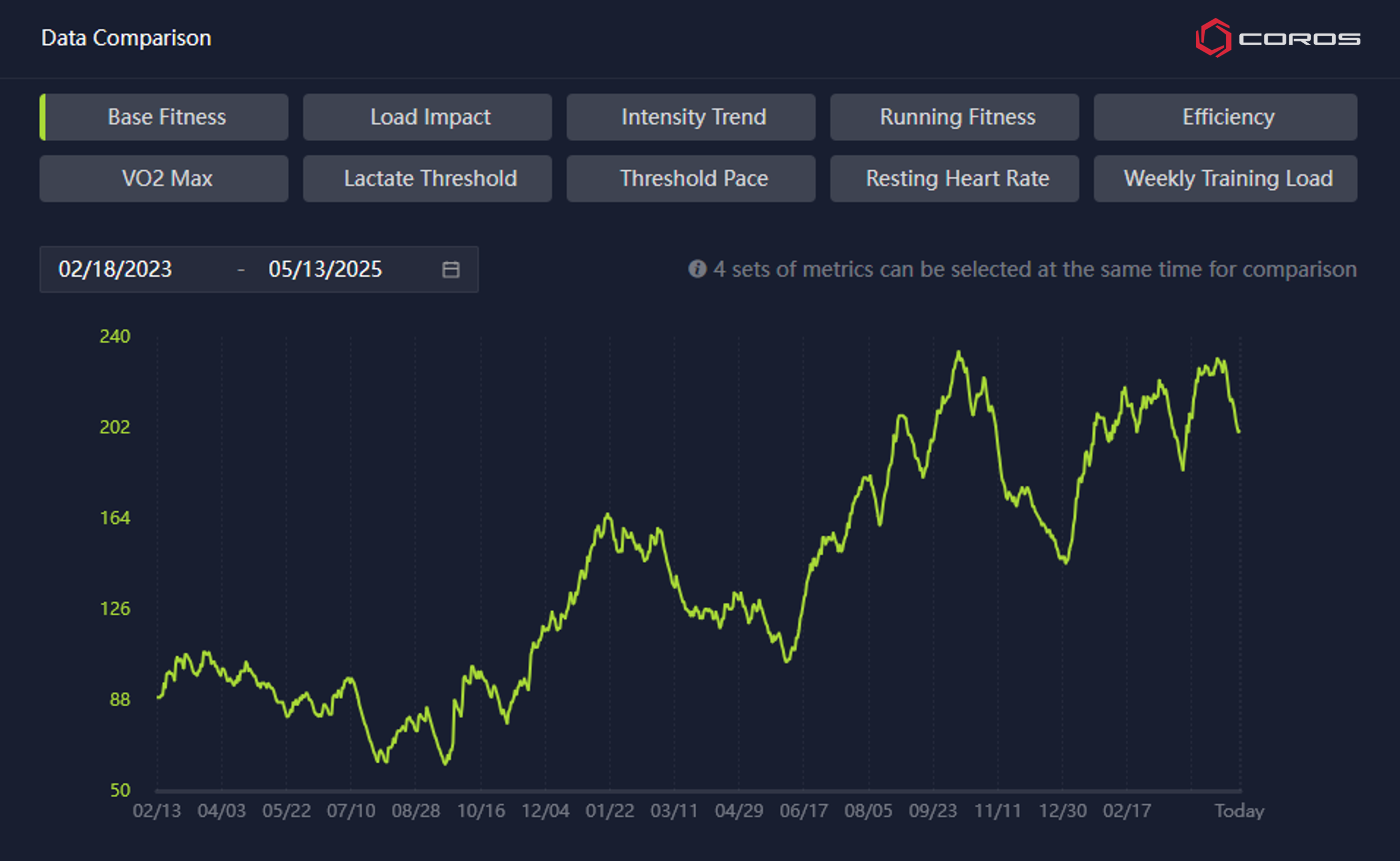
If there’s one theme in Reese’s rise, it’s that nothing flashy replaces consistency.
“It’s not magic,” Parker says. “It’s about showing up and doing the work over and over again. Progress isn’t always fast—but it’s always earned.”
And maybe that’s the point.
For anyone chasing a dream—whether it's a podium or a new distance—there will always be uncertainty. You can’t control the outcome, but you can control your approach. Reese's advice?
Set some goals. Make a plan. Put in the work.
The rest tends to follow.
/fit-in/0x18/coros-v2/images/common/logo_black.png)
